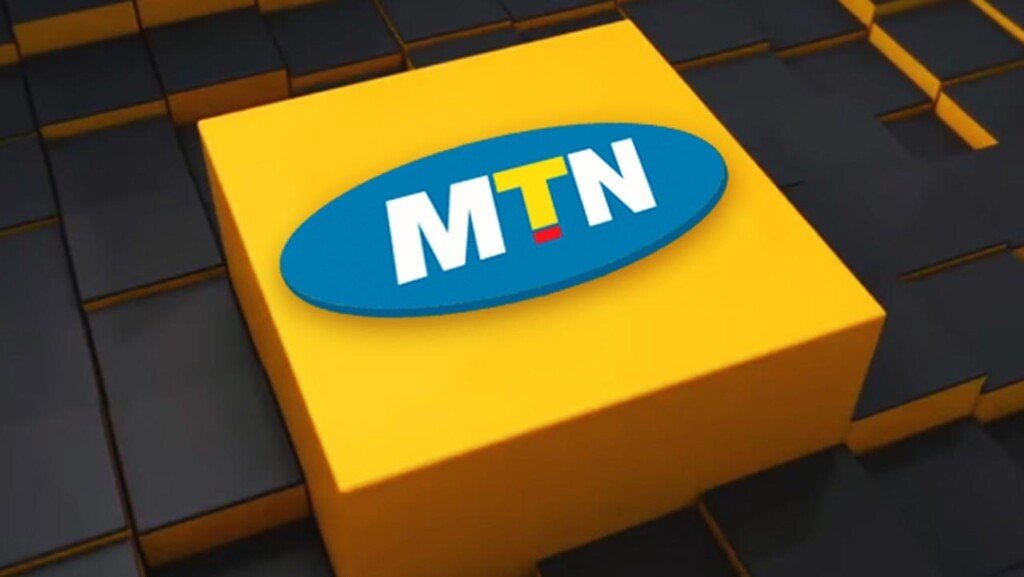
The Chief Financial Officer (CFO) of MTN Nigeria, Modupe Kadri, recently expressed concerns about the potential loss of investment in Nigeria’s telecommunications sector, comparing it to the challenges faced by the oil sector. He highlighted that the telecommunications industry is experiencing difficulties due to rising inflation and foreign exchange challenges, which have significantly affected its operational efficiency, particularly because many of the industry’s products are imported.
Kadri emphasized that tariff increases have already been implemented in the petroleum and electricity sectors, raising questions about why similar adjustments have not been allowed in the telecommunications industry. He stressed the need for the government to create a level playing field to support business survival, stating, “Our business is mainly dependent on forex, so customers need to understand that for you to get the services that you desire, it costs money.” He also emphasized the importance of appropriate pricing to guarantee investments in the sector, considering that the telecommunications industry contributes 16 per cent to the GDP.
Telecommunication operators in Nigeria have been advocating for an increase in tariffs, citing long-overdue adjustments due to rising inflation and other economic pressures. They have noted that the sector faces challenges such as multiple taxation, high Right of Way (RoW) charges, inadequate power supply, and frequent vandalism of telecommunications infrastructure. Bismarck Rewane, a prominent Economist and CEO of Financial Derivative Company, also supported plans to increase telecoms tariffs, stating that the current tariff structure limits operators’ ability to invest in infrastructure, which has led to a decline in the quality of their services. Additionally, Starlink Internet services recently raised its monthly subscription for Nigerians by as much as 97%, attributing the increase to excessive inflation in Nigeria.